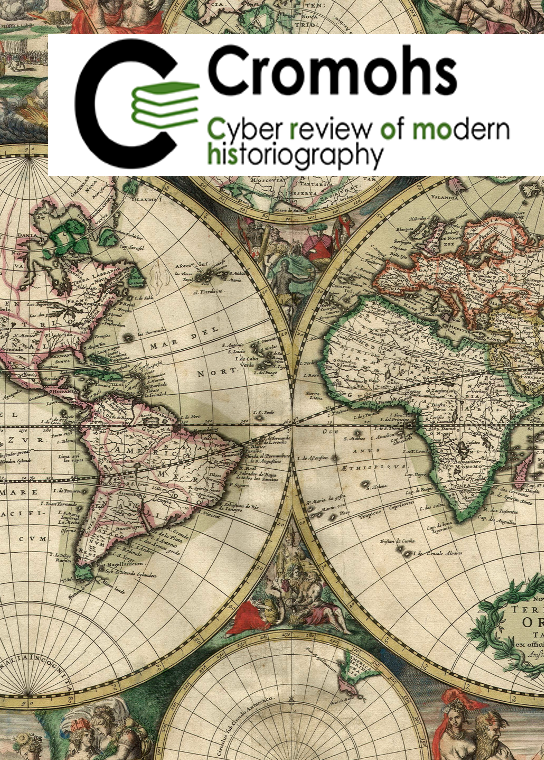Published 2006-07-01
Keywords
- Radicalism,
- English Revolution
Abstract
In much that we might define as 'radical', a transformation in linguistic usages by people we might label 'radicals' can be observed across time in the past. This must not be seen as a transformation of language in and of itself (as Glenn Burgess says, there is no such thing as inherently radical language), but a matter of new potentials being seen in the interpretation of sacred or legal texts. It is not a monolithic 'radical tradition' to be sure but it does make for a series of connections through time of in which the transmission of ideas can be materially measured, perhaps through the medium of written or printed materials, perhaps through a church or a civic association. Sometimes there is discontinuity. The major lesson I would want to leave is that scholarship does not end with categorization, but with thinking of as many new ways as possible to discover the past, and of solving the problems of reaching new awareness through new approaches to evidence, be this reinterpretation of what we have, or finding entirely new evidence. The English Revolution should always be coming back to us in new ways.


